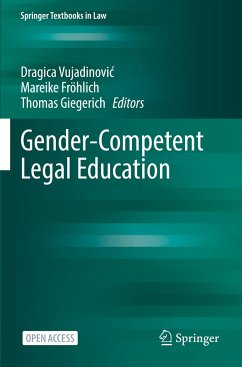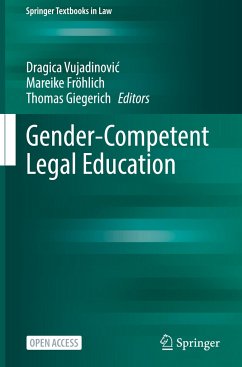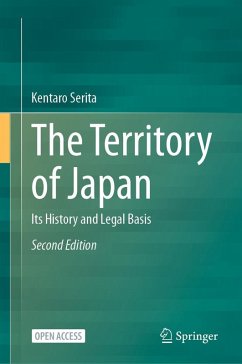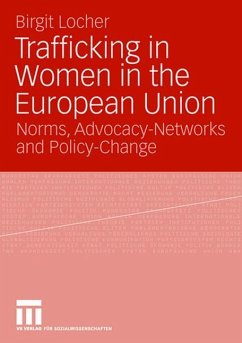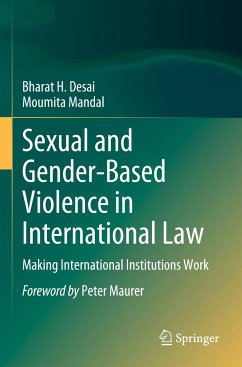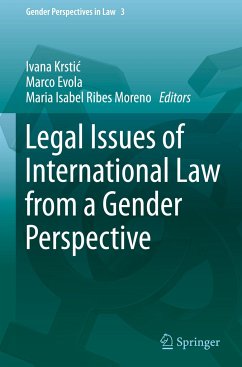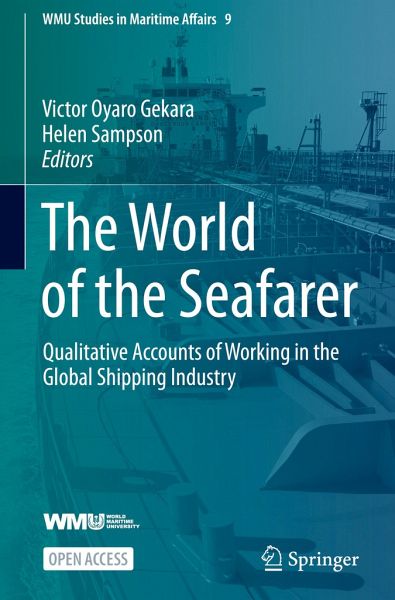
The World of the Seafarer
Qualitative Accounts of Working in the Global Shipping Industry
Herausgegeben: Gekara, Victor Oyaro; Sampson, Helen
Versandkostenfrei!
Versandfertig in 6-10 Tagen
38,99 €
inkl. MwSt.

PAYBACK Punkte
19 °P sammeln!
This open access book constitutes an ethnographic mosaic which depicts the contextual complexities of the life and work of seafarers who are employed in the international merchant cargo fleet. The collection is based upon the observations and interviews of researchers in multiple disciplines. It is woven together to offer a richly detailed insight into the ways in which a complex global industry operates internationally. The book covers issues to do with career decisions and recruitment, gender, life and work on board multinational vessels, health and safety issues, the regulation of the indus...
This open access book constitutes an ethnographic mosaic which depicts the contextual complexities of the life and work of seafarers who are employed in the international merchant cargo fleet. The collection is based upon the observations and interviews of researchers in multiple disciplines. It is woven together to offer a richly detailed insight into the ways in which a complex global industry operates internationally. The book covers issues to do with career decisions and recruitment, gender, life and work on board multinational vessels, health and safety issues, the regulation of the industry, shipboard roles and role conflict, and the representation of workers. It will be of considerable interest to all students globally who are studying for professional seafaring qualifications, to graduate students studying for masters courses in ship and port management, and to welfare professionals and policy makers. It is of special interest to those connected to the shipping industry who specialize in issues relating to 'the human element' and will serve as a paradigm defining text in this area.





